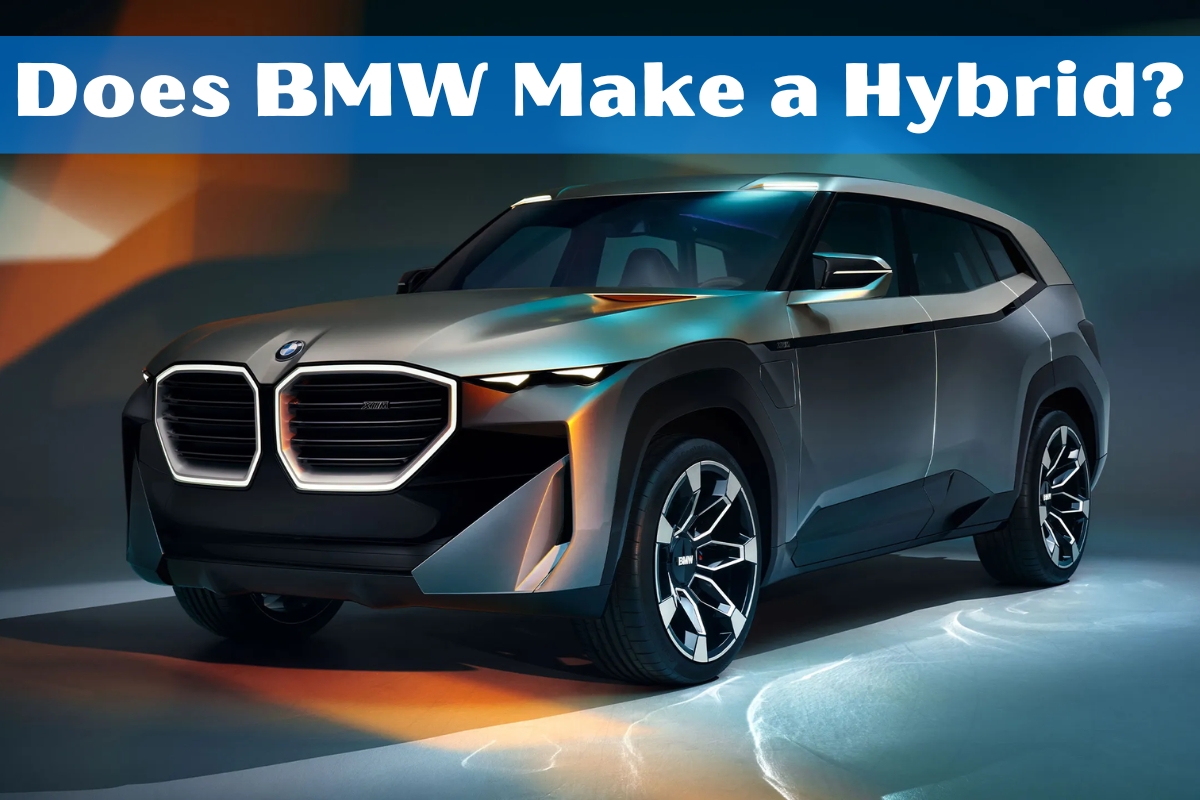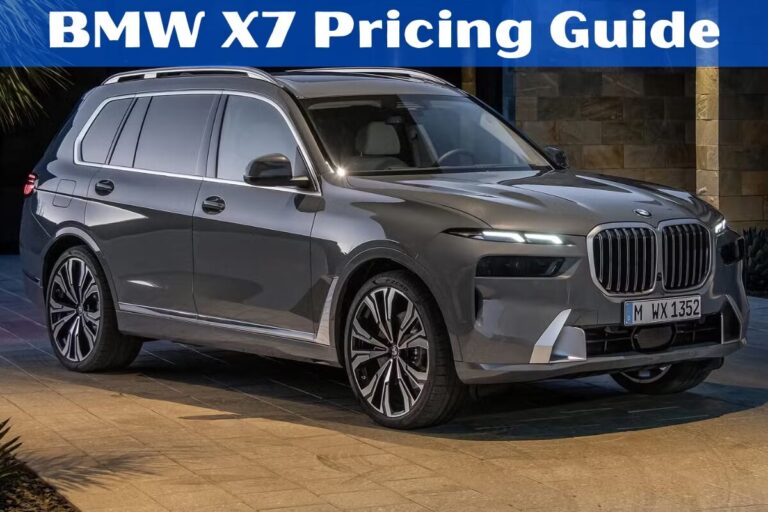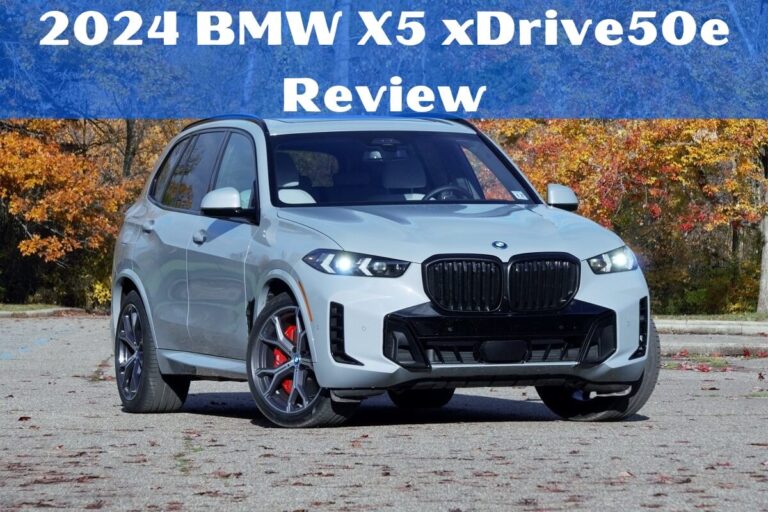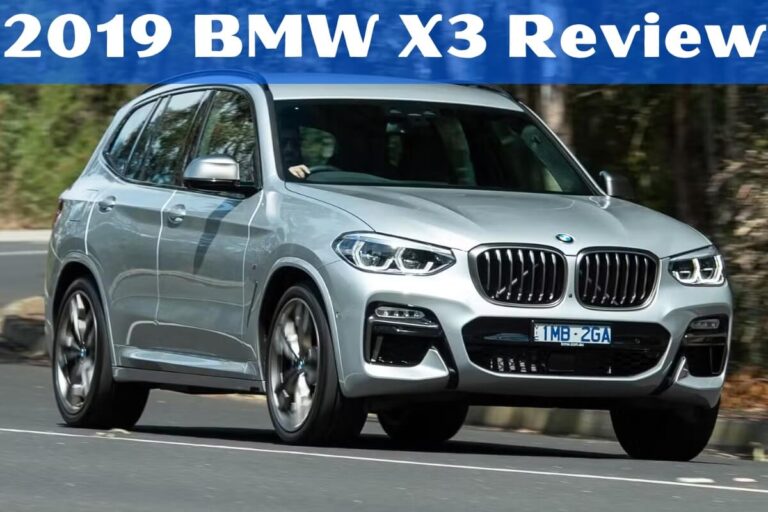Does BMW Make a Hybrid?

Are you wondering, “Does BMW make a hybrid car?” The answer is a resounding yes! As concerns over the environment and fuel efficiency continue to grow, BMW has stepped up its game by offering an impressive lineup of hybrid and electric vehicles. In this comprehensive guide, we’ll dive deep into BMW’s hybrid and electric car offerings, exploring the different types available, their key features, and what the future holds for BMW’s electrification strategy.
What is a Hybrid Vehicle?
Before we delve into BMW’s specific models, let’s first understand what a hybrid vehicle is. A hybrid car combines a traditional gasoline engine with an electric motor and battery pack. The two power sources work together seamlessly, resulting in improved fuel efficiency and lower emissions compared to conventional gas-powered vehicles.
There are different types of hybrid vehicles:
- Mild hybrids use a small electric motor to assist the gasoline engine, providing a slight boost in fuel economy but no all-electric driving capability.
- Full hybrids can run on either the gasoline engine or the electric motor, or a combination of both. They can also capture energy through regenerative braking to recharge the battery.
- Plug-in hybrid electric vehicles (PHEVs) have larger battery packs that can be recharged by plugging into an external power source. They can run on all-electric mode for shorter distances before switching to the gasoline engine for longer trips.
BMW’s Hybrid Vehicle Offerings
BMW has embraced hybrid technology across various model lines, offering options for different driving needs and budgets. Let’s explore the different types of hybrid vehicles available from BMW.
Plug-in Hybrid Electric Vehicles (PHEVs)
BMW’s plug-in hybrid electric vehicles (PHEVs) are the stars of their electrified lineup. These models combine a gasoline engine with an electric motor and a rechargeable battery pack, allowing for both electric-only driving and extended range using the gas engine.
Some of BMW’s current PHEV models include:
- BMW 3 Series PHEV: With an electric range of up to 62 km (WLTP) and combined fuel consumption as low as 1.3 L/100 km, the 3 Series PHEV offers efficiency without sacrificing performance.
- BMW 5 Series PHEV: The 5 Series PHEV boasts an electric range of up to 60 km (WLTP) and a combined fuel consumption of 1.4 L/100 km, making it an excellent choice for eco-conscious executives.
- BMW 7 Series PHEV: BMW’s flagship sedan is available as the 750e PHEV, delivering up to 49 km of electric range and a combined fuel consumption of 2.1 L/100 km.
- BMW X3 PHEV: The X3 xDrive30e PHEV offers up to 46 km of electric range and a combined fuel consumption of 2.1 L/100 km, combining efficiency with the versatility of an SUV.
- BMW X5 PHEV: The X5 xDrive50e PHEV can travel up to 101 km on electric power alone (WLTP) and has a combined fuel consumption of 1.1 L/100 km, making it an efficient yet powerful SUV option.
The key advantage of BMW’s PHEVs is their ability to tackle daily commutes and city driving using only electric power, while still having the gasoline engine for longer trips or when the battery is depleted.
Mild Hybrid Vehicles
While not as efficient as full hybrids or PHEVs, BMW also offers mild hybrid technology in several models. These vehicles use a small electric motor to assist the gasoline engine, providing a slight boost in fuel economy and performance.
Some examples of BMW models with mild hybrid systems include:
- BMW 320i: The entry-level 3 Series model features a mild hybrid system.
- BMW X3 diesel models: Certain diesel variants of the X3 SUV come equipped with mild hybrid technology.
It’s important to note that mild hybrid vehicles cannot run solely on electric power and do not offer the same level of efficiency gains as full hybrids or PHEVs. However, they can still provide a modest improvement in fuel economy compared to their non-hybrid counterparts.
The Future of Electric Cars at BMW
While hybrids are a step in the right direction, BMW’s long-term strategy is focused on fully electric vehicles (EVs). The company has established the “BMW i” sub-brand dedicated to developing and producing EVs and related technologies.
All-Electric BMW Models
BMW’s current all-electric lineup includes:
- BMW i3: A compact electric city car with a range of up to 246 km (WLTP) and unique styling featuring carbon fiber reinforced plastic construction.
- BMW iX: BMW’s flagship electric SUV, offering up to 630 km of range (WLTP), advanced autonomous driving features, and a luxurious interior.
- BMW i4: A fully electric Gran Coupe with a range of up to 590 km (WLTP) and impressive performance, with the M50 variant capable of accelerating from 0-100 km/h in just 3.9 seconds.
In the coming years, BMW plans to introduce several new all-electric models, including the i5 sedan and the iX1, an all-electric version of the popular X1 SUV.
BMW’s Electric Vehicle Strategy
BMW has set ambitious goals for its electrification strategy, aiming for at least 50% of its global sales to be fully electric vehicles by 2030. The company is investing heavily in developing new EV platforms, battery technologies, and charging infrastructure to support this transition.
While hybrids will continue to play a role as a transitional technology, BMW’s long-term focus is on fully electric vehicles as the future of sustainable mobility.
Should You Buy a BMW Hybrid or Electric Vehicle?
Deciding whether to purchase a BMW hybrid or electric vehicle depends on various factors, including your driving needs, budget, and access to charging infrastructure.
Here are some considerations:
- Daily commute and city driving: If you primarily drive short distances within the city or for your daily commute, a BMW PHEV or EV could be an excellent choice. You can take advantage of the electric-only range for most trips, significantly reducing your fuel costs and emissions.
- Long-distance travel: For frequent long-distance travel, a BMW PHEV might be more suitable, as you can rely on the gasoline engine when the electric range is depleted. However, an EV with a long range, like the iX or i4, could also be a viable option with proper planning for charging stops.
- Budget: While BMW’s hybrids and EVs tend to be more expensive upfront, the long-term savings on fuel costs and potential tax incentives can offset the initial investment. Additionally, maintenance costs for EVs are generally lower than those for conventional gas-powered vehicles.
- Charging availability: If you have access to home charging or live in an area with a robust public charging network, an EV or PHEV becomes more practical. However, if charging options are limited, a mild hybrid or conventional gas-powered BMW might be a better fit.
Ultimately, the decision comes down to your specific driving needs, lifestyle, and priorities. BMW’s hybrid and electric lineup offers options to suit a wide range of preferences and budgets.
How to Charge a BMW Plug-in Hybrid
One of the key advantages of BMW’s plug-in hybrid models is their ability to run on electric power alone for shorter distances, significantly reducing fuel consumption and emissions. However, to maximize the electric range, you’ll need to keep the vehicle’s battery charged.
Here’s how you can charge a BMW plug-in hybrid:
Home Charging
The most convenient way to charge your BMW PHEV is at home. BMW offers several charging solutions for home installation:
- BMW Wallbox: A dedicated home charging station that can fully charge your PHEV’s battery in a few hours, depending on the model and battery size.
- Flexible Fast Charger: A portable charging cable that can be plugged into a standard household outlet, providing a slower but convenient charging option.
Public Charging
When you’re on the road, BMW’s plug-in hybrids can take advantage of public charging networks. With the BMW ConnectedDrive services, you can easily locate and navigate to nearby charging stations using your vehicle’s built-in navigation system or the BMW Connected app.
BMW also partners with various charging service providers, such as Electrify America, to offer access to thousands of public charging stations across the United States.
BMW Charging Incentives
To further encourage the adoption of electric vehicles, BMW offers various charging incentives and support services, including:
- ChargeForward: This program optimizes charging times based on your local energy grid’s availability and pricing, helping you save money and reduce your carbon footprint.
- BMW Digital Charging Service: This service helps you locate and navigate to compatible public charging stations and provides information on pricing, availability, and charging speeds.
- BMW Charging at Home: BMW offers installation services and incentives for home charging solutions, making it convenient to charge your PHEV or EV at home.By providing these charging incentives and support services, BMW aims to make the transition to electric driving as seamless and hassle-free as possible for its customers.
The Bottom Lines
BMW has embraced the future of sustainable mobility by offering a comprehensive range of hybrid and electric vehicles. From plug-in hybrids that combine the best of both worlds to fully electric models that emit zero direct emissions, BMW’s lineup caters to a variety of driving needs and preferences.
The plug-in hybrid models, such as the 3 Series PHEV, 5 Series PHEV, and X5 PHEV, offer the convenience of electric-only driving for daily commutes and city travel while retaining the gasoline engine for longer journeys. Meanwhile, BMW’s all-electric offerings, like the i3, iX, and i4, provide a fully emissions-free driving experience and impressive ranges.
As the world continues to shift towards more sustainable transportation solutions, BMW’s commitment to electrification is evident. With ambitious goals for increasing the share of electric vehicles in its sales, the company is at the forefront of developing cutting-edge EV technologies and supporting infrastructure.
Whether you’re looking to reduce your carbon footprint, save on fuel costs, or simply experience the thrill of electric driving, BMW’s hybrid and electric vehicle lineup has something to offer. As the technology continues to evolve, we can expect even more exciting developments from BMW in the realm of sustainable mobility.






